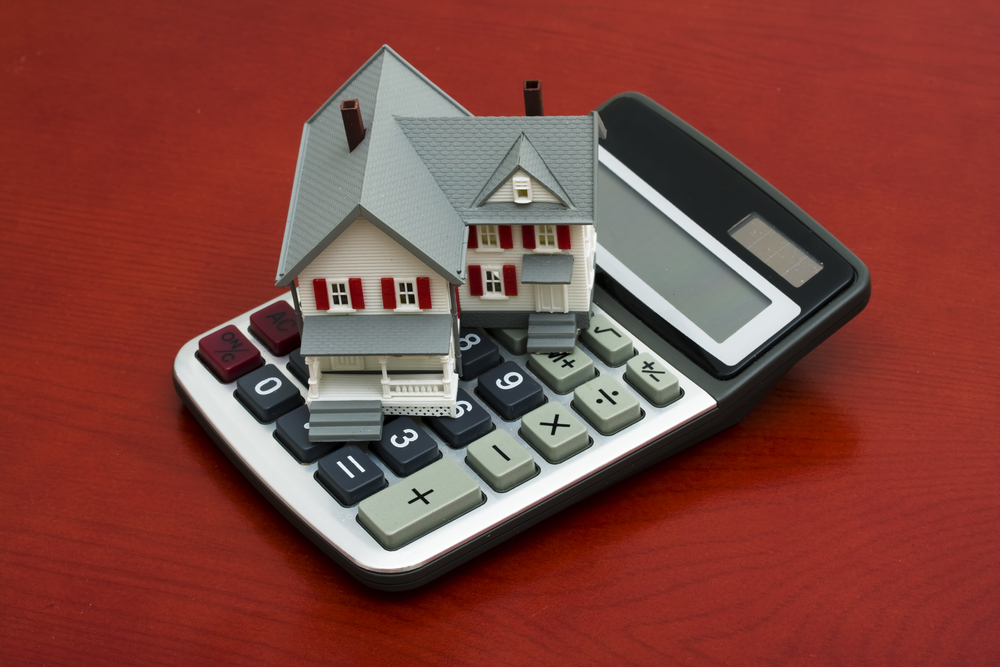Buying a Home? 4 Things You Need To Know
 Buying a home is an incredibly exciting and impactful undertaking for everyone from first-timers to retirees. Unfortunately, that excitement tends to blind people to the realities of their situation, resulting in mistakes that can have serious financial consequences. While first-time buyers are most prone to these errors, anyone can fall victim to them if they are swept up in the home buying process. To avoid these pitfalls, here are 4 questions that you must know the answers to before buying a home.
Buying a home is an incredibly exciting and impactful undertaking for everyone from first-timers to retirees. Unfortunately, that excitement tends to blind people to the realities of their situation, resulting in mistakes that can have serious financial consequences. While first-time buyers are most prone to these errors, anyone can fall victim to them if they are swept up in the home buying process. To avoid these pitfalls, here are 4 questions that you must know the answers to before buying a home.
1. What can you actually afford?
This seems obvious, but it is the first and most basic step in the search for a home. Although you might be tempted to simply take a guess, it is highly recommended that you create a detailed budget of all your income and expenses to determine the housing payment that you can comfortably afford. As a general rule, housing should take up no more than 30% of your pre-tax income. During the last year or two the market has been a little out of the ordinary and this might mean that you will have to be willing to let properties go if the bidding process does beyond what you have budgeted for. This might mean that you will have to wait longer to find the right house but it is strongly recommended that you stick to your budget and don't fixate on a property that has become unattainable. When determining what monthly payment you can afford, do not allow yourself to make decisions based on things like how nice your friends' houses are or what the lender pre-approves you for.
2. Can you maintain a buffer?
Buying a home should not empty your savings account. At a minimum, you should still have at least 3-6 months worth of cash available after buying the home in case of an unexpected problem. Relatively common issues such as a car repair or medical bill can become financial disasters if you have no savings to fall back on.
3. How much will the purchase really cost?
A common misconception is that the down payment is the only money needed up front, when in reality there are a variety of expenses that are also associated with a home purchase. Buyers will often need to pay closing costs such as an appraisal fee, loan origination fee, and/or credit report fee. Although the total amount of closing costs vary widely between buyers, it is typically between 2% and 5% of the purchase price.
Other, more controllable expenses include moving, new furniture, and initial utility costs. New homeowners should also be careful to consider recurring costs such as property taxes and insurance when formulating their budget.
4. Can you handle those renovations?
In order to afford a better location or larger house, you might settle for a fixer-upper. This is a good option to consider, especially if you have renovation experience, but it does come with significant risks. When making this decision, keep in mind that renovations almost always take more time and money than originally anticipated. If you suspect that your budget (or mental wellbeing) can't survive the work, look for a more finished home.
If you are set on renovating, some financing options include private loans, a mortgage with built-in renovation costs, or a loan from a family member. If you do borrow from a friend or family member, carefully judge the relationship and what will happen if you can't make a payment in the future.
Read more about what first-time home buyers need to know at CNN Money.
- Cheryl Bourland's blog
- Login or register to post comments
 Google+
Google+


 Information Deemed Reliable but Not Guaranteed. CENTURY 21 H.S.V. Realty is licensed in the state of Arkansas. CENTURY 21 and the CENTURY 21 Logo are registered service marks owned by Century 21 Real Estate LLC. H.S.V. Realty, Inc. fully supports the principles of the Fair Housing Act and the Equal Opportunity Act. Each franchise is independently owned and operated. Any services or products provided by independently owned and operated franchisees are not provided by, affiliated with or related to Century 21 Real Estate LLC nor any of its affiliated companies.
Information Deemed Reliable but Not Guaranteed. CENTURY 21 H.S.V. Realty is licensed in the state of Arkansas. CENTURY 21 and the CENTURY 21 Logo are registered service marks owned by Century 21 Real Estate LLC. H.S.V. Realty, Inc. fully supports the principles of the Fair Housing Act and the Equal Opportunity Act. Each franchise is independently owned and operated. Any services or products provided by independently owned and operated franchisees are not provided by, affiliated with or related to Century 21 Real Estate LLC nor any of its affiliated companies.